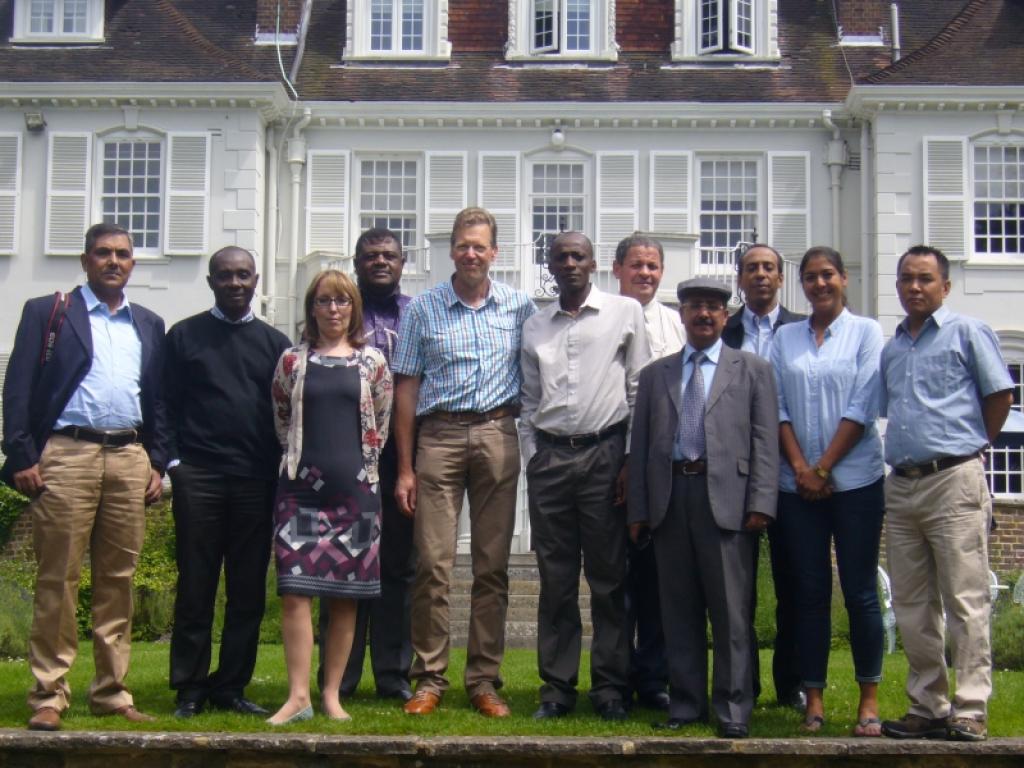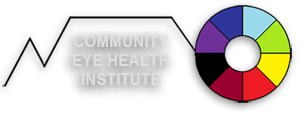Capacity building to conduct rapid assessments of avoidable blindness!

The International Agency for the Prevention of Blindness conducted a RAAB Training of Trainers workshop in the UK between 16 and 22 June
2014.
RAAB stands for Rapid Assessment of Avoidable Blindness. The Rapid Assessment of Avoidable Blindness (RAAB) is a standardised method to conduct a population based survey on blindness and visual impairment in a defined population. The Director of the Community Eye Health Institute, Mr Deon Minnies, was one of 11 participants targeted to increase the capacity to conduct these highly economical, efficient and valuable blindness prevalence surveys in Africa, the Middle East and South East Asia.
Despite the wide variation in origins of the participants, the RAAB ToT workshop was an exciting, interesting and enjoyable event, amidst elegant and rustig surroundings.
The Rapid Assessment of Avoidable Blindness (RAAB) is a standardised method to conduct a population based survey on blindness and visual impairment in a defined population. This can be a district, a state or province or an entire country. Reliable population data are essential and therefore RAAB should be conducted for administrative entities for which such data are available. RAAB uses a standardised survey form, a standard protocol and standardised examination protocol which can be used by local ophthalmic staff. The sample size varies between 2500 and 5000 persons aged 50+. Of all blindness, 80% or more is in people aged 50+. Because the prevalence in people aged 50+ is high, the sample size can be much lower than when people of all ages are included. That saves time and money. Data from the survey forms are entered into the specially designed RAAB software. After removing inconsistencies and errors from the data, these are analysed automatically in the software and reports are generated.
The workshop was facilitated by Dr Hans Limburg, who has trained and conducted hundreds of RAAB's since its conception in 2005. The training included key statistical concepts such as sampling, data collection and analysis and reporting, as well as specific guidelines to prepare the sampling frame for the survey, training and moderating the field work teams, and organising the data collection. At the end of the training, participants received Certificates of completion issued by the IAPB. However, to be certified as RAAB trainers, trainees are required to complete an actual RAAB survey under the supervision of an experienced RAAB trainer.
Mr Minnies intends to prepare for a RAAB to be conducted in one of the Southern African countries within the next six months, with the help of some friends!
